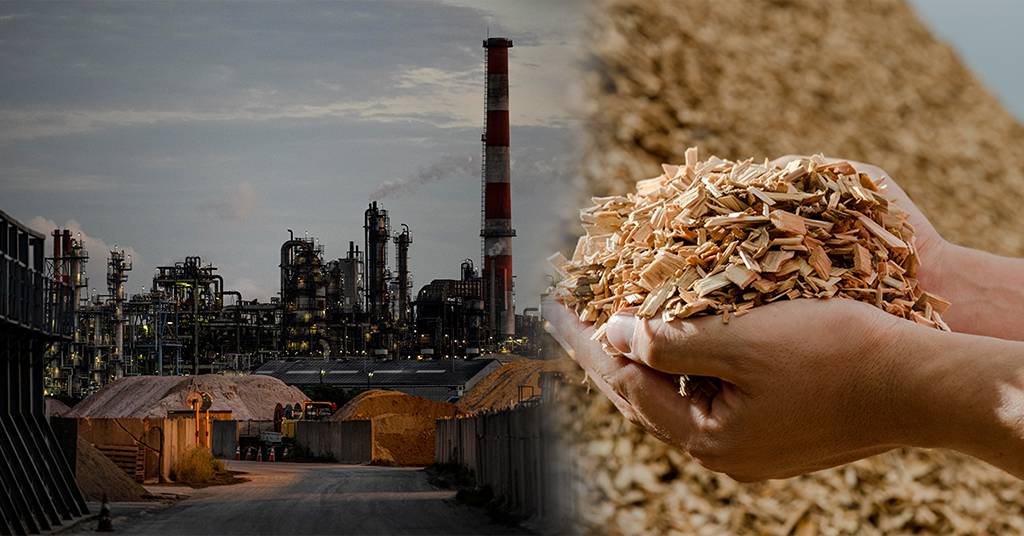Welcome To ChemAnalyst

Members of the EDC-Free Europe coalition urged their governments to support and lead their calls for the European Commission to immediately present its proposals for the targeted revision of the Registration, Evaluation, Authorization, and Restriction of Chemicals (REACH) regulation ahead of a meeting of European Environment Ministers on March 16, 2023, in Brussels. Campaigners across the European Union have written to their governments to claim that the targeted revision of REACH is made public instantly. This is because any delay would prevent the revision from being effectively considered by the European Parliament before the next European elections in May 2024. Endocrine disruptors and other harmful chemicals will continue to pollute the health of European citizens and the environment for years to come.
The recent findings of the European-wide human biomonitoring study HBM4EU confirm the contamination of EU citizens by Ethylene Dichloride (EDC) and other chemicals, as well as the harmful effects of these chemical mixtures on human health, including cancer, children's developmental disorders, reduced fertility, diabetes, and obesity, among others.
Under the REACH regulation, EDC has been categorized as a Substance of Very High Concern (SVHC) in Europe. This is because there are worries about how it might affect the environment and human health.
These campaigns and awareness may impact the long-term outlook for EDC in terms of production and may impact the price of the product across the European market. This week, the price of EDC increased by 4.8% in the German market, with prices hovering at USD 325/MT FD Hamburg (Germany).
Market players are facing challenges while importing EDC as the European Union has restricted the use of EDC and its import, placing it on the list of substances subject to approval under REACH. This means that companies need to apply for authorization to use EDC in their products, and the use of EDC will be gradually phased out in the coming years.
According to ChemAnalyst, the price of EDC in Europe may rise in the future as the concern regarding the health of European citizens and the environment is increasing.
We use cookies to deliver the best possible experience on our website. To learn more, visit our Privacy Policy. By continuing to use this site or by closing this box, you consent to our use of cookies. More info.
